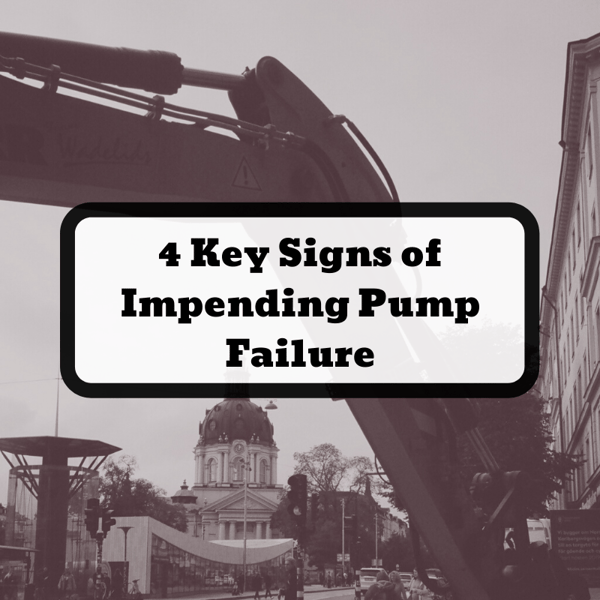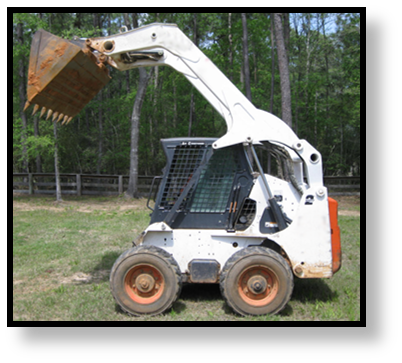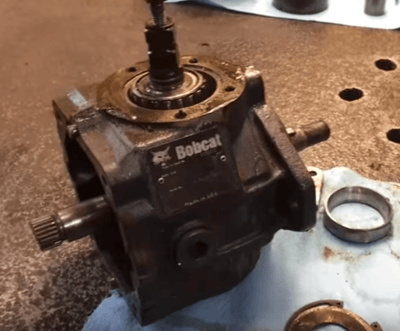Pumps are the heart of hydraulic systems, and when they quit working, your equipment is dead. That’s why it is so important for you to know the four key signs of an impending pump failure!

Here are some other pump-related posts you might be interested in:
- 4 Questions Answered about Hydraulic Pumps
- CTLs and Skid Steers: Charge Pump Failures
- Hydraulic Pump Failure
- Replacing a Hydraulic Pump
Common Signs of Pump Failure
Here are four of the most common signs that your pump is about to fail:
- Changes in behavior and power
- Excessive noise and vibration
- Increased heat
- Leaks
Changes in Behavior and Power
Right before a pump completely fails, operators usually notice a loss of power or change in how the machine behaves. For example, the arms on a skid steer loader might not have their normal lifting power or the arm on a compact excavator may behave erratically. The arms on an excavator or a skid steer may be moving much more slowly.

There may also be a loss of power in both final drive motors. This makes it harder for your equipment to move when it is carrying a load and can make it difficult to make it up to the top of a slope. If there are issues with the charge pump, it can cause problems in releasing the brake on your track drive. This manifests as a loss power, also.
Excessive Noise and Vibration
Another bad sign is a pump that suddenly starts making some new noises or exhibiting excessive vibration. That can point to quite a few different causes, from loose set screws to failed bearings.
Knocking or banging sounds are associated with air in the system or, worse, cavitation. Cavitation can cause serious damage to the internal components of the motor. The longer you keep using a noisy, vibrating motor, the worse the damage is going to be.
Overheating
Another bad sign for pumps is when they start running hotter than normal. That can point to quite a few things, such as contamination in the system or a dirty heat exchanger. It can also point to issues within the pump, too.
Leaks
Leaks are another bad sign, and when ignored they can lead to a host of problems for your pump. A leak indicates that a seal is wearing out and needs to be replaced -- and this makes sense, because seals will eventually wear out.
If you ignore the leak, then dirt, grit, dust, grease, and moisture can make their way into the pump. This type of contamination will cause the pump components to wear out faster than they should, and lead to clogged filters.

Conclusion
If you see any of these symptoms, then you need to schedule some time to have your pump repaired. The solution might be as simple as replacing a seal or bearing, or it could be a more troubling issue like cavitation. Regardless of the root cause, you can bet that ignoring the problems now only means more expensive repairs and costly downtime in the future.

